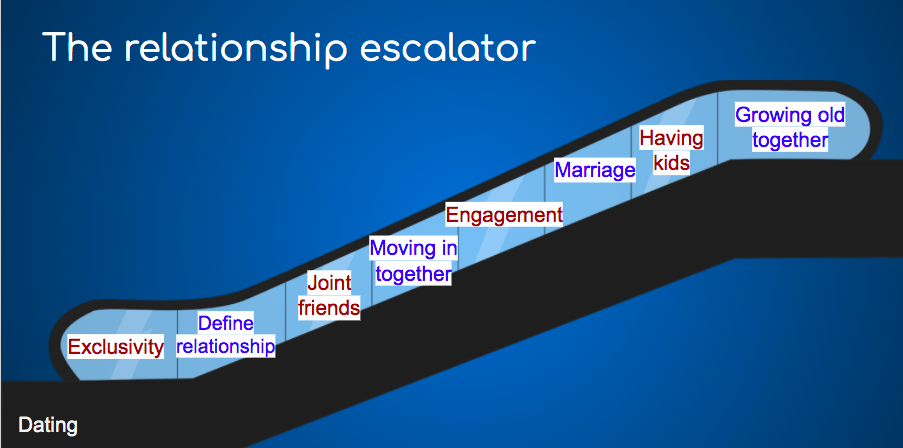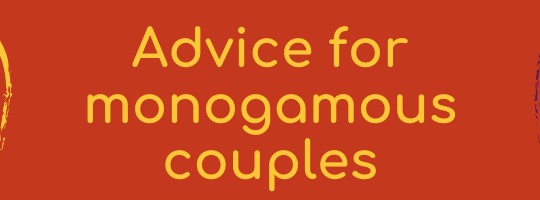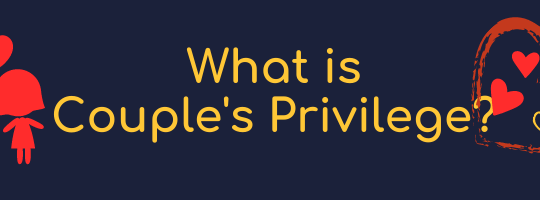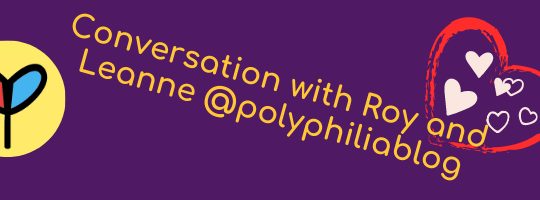Unpacking learned social norms and expectations about relationships
What do you remember from early childhood, about romantic relationships? How much of your parents’ relationship was visible to you? Their intimacy, the way they resolve conflict? Their sexuality? What was the message you were taught from society, the examples you have seen in books, TV and movies?
For many people, the reality of relationships is hidden from them until they begin to form their own romantic and sexual connections. Sex education is normally restricted to reproductive and sexual health knowledge of biology. Our role models (parents or celebrities) tend to only display sanitised, positive and idealised notions of relationships. Or alternatively, we were witness to toxic, harmful behaviour that as children, we were not taught how to process. These two extremes do not represent the totality of human connection and relationships, and leave us with a warped sense of what those are.
We have been taught, from a very young age, to make assumptions and develop expectations, when it comes to romantic relationships. This has a far reaching impact,as adults, on how we process anything that goes against the norm. I want to share the message that it’s OK to question conventional wisdom. It’s OK to challenge established norms. That’s how we got Democracy, universal suffrage, end to slavery, universal healthcare (well, not in all countries yet).
Questioning traditional relationship values as the default and only way of relating does not invalidate these values. Being aware of other options for having loving, happy and nourishing connections means you can find the one that fits you exactly. If that’s traditional monogamy, at least you’ll know for sure.
The relationship escalator
Our mind is filled with social conditioning that expects certain behaviour in romantic partnerships, from ourselves and our partner. This starts with the idea of the relationship escalator. We think that we want what everyone has – a live-in partner, a secure financial unit, family and kids, recognition by our family, growing old together. Anything that threatens this fantasy, will be viewed as a danger.
Think of it as stepping onto the escalator at the stage of meeting someone, and already imagining the next steps along the escalator as something that is expected, built-in and unmovable. When this is what is happening in your mind, any development or experience that does not conform to those expectations will be seen (and felt) as a failure. Dating but not wanting to be exclusive? Not wanting to put a label on it? Not wanting to move in together? Not wanting kids? Not wanting to take a married name? To combine finances? If you feel like this, your mind is telling you that you are wrong to not want them. If your partner is feeling like this, your mind is telling you that they must be wrong.

We grow up thinking that we want what everyone else wants. But then we hold on too tight and expect all of our needs for happiness and security to come from the single partner. Therefore, any threat to our connection to our partner, will also be a mortal threat to our happiness and security. Being raised on a diet of monogamous romantic fantasies, most people develop a mythological sense of what healthy relationships look like. Once we recognise love as separate from ‘meeting needs’, we are on our path to a better way of loving ourselves and others. We can design our relationships in any way that makes sense to us and our partners.
Some of the myths and pre-set norms that most people never question, but actually can be detrimental to creating an authentic, conscious relationship:

The new paradigm:
I love my partner for who they are, not for what they can give me. I want to be loved for who I am, not for what I can give my partner.

The new paradigm:
There is no conflict. If I am feeling attraction to others, it is a normal human characteristic. If I am not feeling attraction, it is also a natural human characteristic.

The new paradigm:
I want to build a good network of friendships and family for mutual support and care. Choosing a partner is not hiring a carer, it is about creating something together that is greater than the sum of its parts.

The new paradign:
My feeling of jealousy is about insecurity and fear. If I neglect to properly deal with these fears, I will never be free of them. Projecting my feelings onto my partner is an attempt to control them, not a way of showing I care.

The new paradigm:
My own interests, habits and personality will evolve over time and so will my partner’s. There is no person that can match me fully now and in future. I want to choose a partner that is happy to witness and support my change journey, as I do theirs.
If what society says you should be doing, feels unnatural to you – do it differently. Nothing is ‘default’ or ‘natural’, except what feels natural to you. When there is an internal struggle, it is often because we inherit a set of values and expectations from our community, family and tribe that are at odds with what we feel inside.








[…] learn, practice and implement with the right support and direction. It starts with UNLEARNING our toxic cultural norms and using our ABSTRACT minds to create a new reality. My journey was greatly helped by attending […]
[…] of heterosexuality or monogamy. How much more expansive would their choices be? There are plenty of myths we were told over our lifetime, that when challenged, really stop making much […]